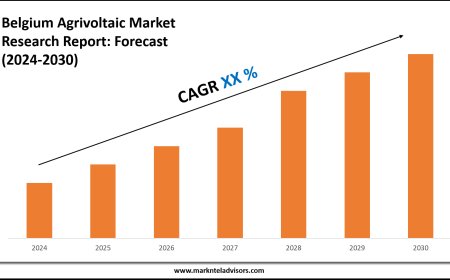HVO Fuel in the UK: A Cleaner Alternative for a Greener Future

As the United Kingdom continues its push toward net-zero emissions by 2050, alternative fuels are gaining momentum. One standout contender is Hydrotreated Vegetable Oil (HVO) a renewable diesel fuel that offers significant environmental benefits compared to traditional fossil fuels. In recent years, HVO has experienced a steady increase in adoption across various sectors in the UK, including construction, logistics, agriculture, and public transport.
What is HVO Fuel?
Hydrotreated Vegetable Oil (HVO) is a synthetic, paraffinic diesel made by hydrotreating waste vegetable oils and animal fats. Unlike biodiesel, which is produced through a process called transesterification, HVO is processed using hydrogenation, which results in a cleaner, more stable fuel. It is free of oxygen and aromatic compounds, which makes it more compatible with modern diesel engines and infrastructure.
HVO fuel is classified as a drop-in fuel, meaning it can be used in existing diesel engines without modifications. This has made it a particularly attractive option for companies looking to reduce their carbon footprint without replacing entire fleets.
Environmental and Performance Benefits
One of the main advantages of HVO fuel is its significantly lower greenhouse gas (GHG) emissions. Studies and field tests show that HVO can reduce lifecycle GHG emissions by up to 90% compared to regular diesel, depending on the feedstock used.
Other key benefits include:
-
Reduced NOx and particulate emissions: This contributes to better air quality, especially in urban areas.
-
Longer shelf life: HVO is more stable in storage than biodiesel, making it suitable for standby generators and infrequently used machinery.
-
Cold weather performance: It performs well at low temperatures, often better than fossil diesel.
HVO in the UK Market
In the UK, HVO is becoming increasingly accessible. Suppliers like Crown Oil, Green Biofuels, and Certas Energy are expanding distribution networks to meet growing demand from commercial and industrial clients. Sectors like construction, events, haulage, and agriculture are among the most active adopters.
Moreover, some local councils and public transport providers have begun trials or have already transitioned parts of their fleet to HVO. This shift is also being encouraged by government policies that favour low-carbon fuels under the Renewable Transport Fuel Obligation (RTFO).
Challenges and Considerations
Despite its many advantages, HVO faces a few hurdles:
-
Cost: HVO is typically more expensive than fossil diesel, although this gap is narrowing as demand and production scale up.
-
Feedstock sourcing: Sustainability depends on the feedstock. The UK government and industry bodies are urging the use of waste-based feedstocks over palm oil to avoid contributing to deforestation.
-
Availability: While expanding, HVO supply is still limited compared to traditional fuels, and not all filling stations offer it yet.
The Road Ahead
The role of HVO in the UKs energy transition appears promising. As organisations face increasing pressure to decarbonise and reduce their reliance on fossil fuels, HVO offers a practical, immediate step toward sustainabilityespecially for industries that can't yet electrify economically.
However, its future success will depend on improving accessibility, maintaining sustainable sourcing, and aligning with broader energy policy goals. If these challenges are met, HVO could play a significant role in the UKs low-carbon future.








































